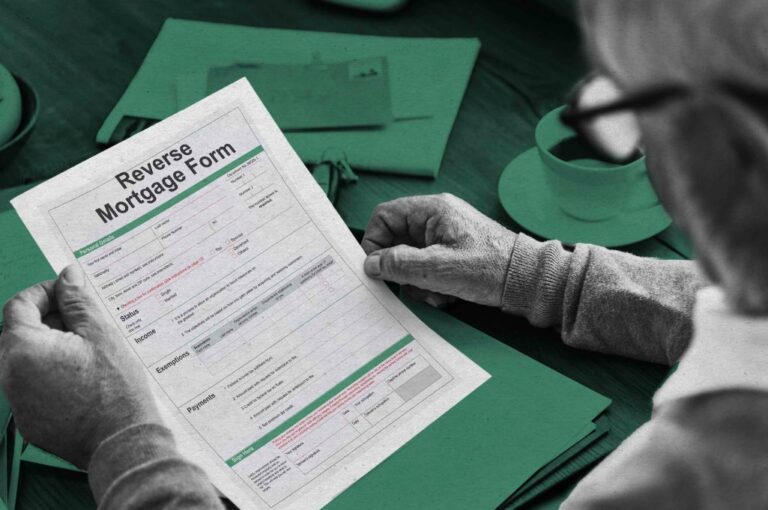Short-term disability insurance provides financial assistance when you’re unable to work due to a medical condition. Understanding the processing time and steps involved can help you navigate the system efficiently.
Understanding Short-Term Disability

Short-term disability (STD) insurance typically covers a portion of your salary if you’re unable to work due to a temporary illness or injury. It’s different from workers’ compensation, which covers work-related injuries or illnesses. STD policies vary in terms of coverage length, waiting periods, and benefit amounts.
Factors Affecting Processing Time
The time it takes to process an STD claim depends on several factors. These include the complexity of your medical condition, the thoroughness of the documentation, and the specific policies of the insurance provider.
Generally, it can take anywhere from a few days to several weeks.For more information and assistance with your disability claim, visit disability.ca.
Initial Steps in Filing a Claim
To start the process, notify your employer and obtain the necessary claim forms. Provide detailed medical information from your healthcare provider. This should include diagnosis, treatment plans, and the expected duration of your recovery.
Documentation as a Key to Speedy Processing

Accurate and comprehensive medical documentation is crucial. It should clearly state your condition and how it affects your ability to work. Incomplete or unclear documentation can delay the process.
Communicating with Your Employer and Insurer
Keep open lines of communication with both your employer and the insurance company. Inform your employer about your condition and expected leave duration. Regularly update your insurer about your medical status and any treatment changes.
Understanding and Responding to Delays
Delays can occur due to missing information or queries from the insurance company. Respond promptly to requests for additional information. Understanding the common reasons for delays can help you proactively address potential issues.
Tips for a Smooth Process
Start early: Begin the process as soon as you realize you need to take disability leave.
Be thorough: Provide detailed, accurate medical information.
Stay informed: Understand your policy’s specifics, including coverage limits and the waiting period.
Communicate: Keep in touch with your employer and insurer, updating them regularly.
Respond quickly: Address any requests for additional information promptly.
Navigating Insurance Company Procedures

Each insurance company has its own procedures for processing STD claims. Familiarize yourself with these procedures. Typically, after submitting your claim, the insurance company will review your medical information, possibly consult with their medical experts, and determine your eligibility based on your policy.
Role of Medical Professionals in Your Claim
Your healthcare provider plays a crucial role. They must provide detailed medical reports and may need to fill out specific forms required by your insurer. Ensure that your healthcare provider understands the importance of providing complete and timely information.
Regular Follow-Ups
Regular follow-ups with your insurance provider are important. This helps you stay informed about the status of your claim and any additional requirements. It also demonstrates your proactive approach, which can sometimes expedite the process.
Understanding Policy Limitations and Exclusions
Be aware of your policy’s limitations and exclusions. Some conditions might not be covered, or there could be specific clauses that limit the duration or amount of benefits. Understanding these details can help set realistic expectations and avoid surprises.
Preparation for Return to Work
As you recover, start planning for your return to work. This might involve discussions with your employer about any necessary accommodations or a phased return to work. Keeping your employer informed about your recovery progress is essential.
Managing Financial Expectations
Understand that STD typically covers only a portion of your salary. Plan your finances accordingly, considering the reduced income during your disability period. This might involve budget adjustments or exploring additional support options, if available.
Appealing Denied Claims
Sometimes, claims get denied. In such cases, understanding the appeals process is crucial. Review the denial letter carefully to understand the reason for the denial. You may need to provide additional information or clarification regarding your medical condition.
An appeal needs to be well-documented and timely, adhering to the deadlines set by the insurance policy.
Legal Considerations and Support
If you face challenges in the claims process, such as repeated denials, consider seeking legal advice. Disability lawyers specialize in navigating these processes and can offer valuable assistance. However, weigh the costs and benefits of legal intervention before proceeding.
Mental Health and Emotional Support

Dealing with a disability and the stress of processing a claim can take a toll on your mental health. Seek support from friends, family, or professional counselors. Emotional well-being is crucial for your overall recovery and successful navigation through the claims process.
Staying Informed About Policy Changes
Insurance policies and regulations can change. Stay informed about any updates to your policy or changes in laws that might affect your disability benefits. This proactive approach can prevent unexpected issues and ensure you’re always prepared.
Utilizing Employer Resources
Many employers offer additional resources to support employees during their disability leave. These might include employee assistance programs, HR support, or flexible work arrangements. Explore these options, as they can provide significant support during your recovery and return-to-work process.
Long-Term Planning and Future Considerations

Beyond the immediate concerns of processing your short-term disability claim, it’s wise to think about long-term planning. Consider how this experience impacts your future insurance needs.
You might want to review your overall insurance coverage, considering additional or different policies for more comprehensive protection. Also, reflect on your experience to identify any lessons learned that could ease potential future claims.
This forward-thinking approach ensures that, moving forward, you are better prepared to handle similar situations, safeguarding your financial and job security while prioritizing your health and well-being.
Summary
Processing a short-term disability claim successfully requires an understanding of the policy, effective communication, timely documentation, and proactive management of the process. It’s also important to be prepared for potential challenges, including claim denials and financial adjustments.
Remember, support is available, and taking care of your mental and emotional health is as important as managing the practical aspects of your claim. By following these guidelines, you can navigate the short-term disability process more smoothly and focus on your recovery.







